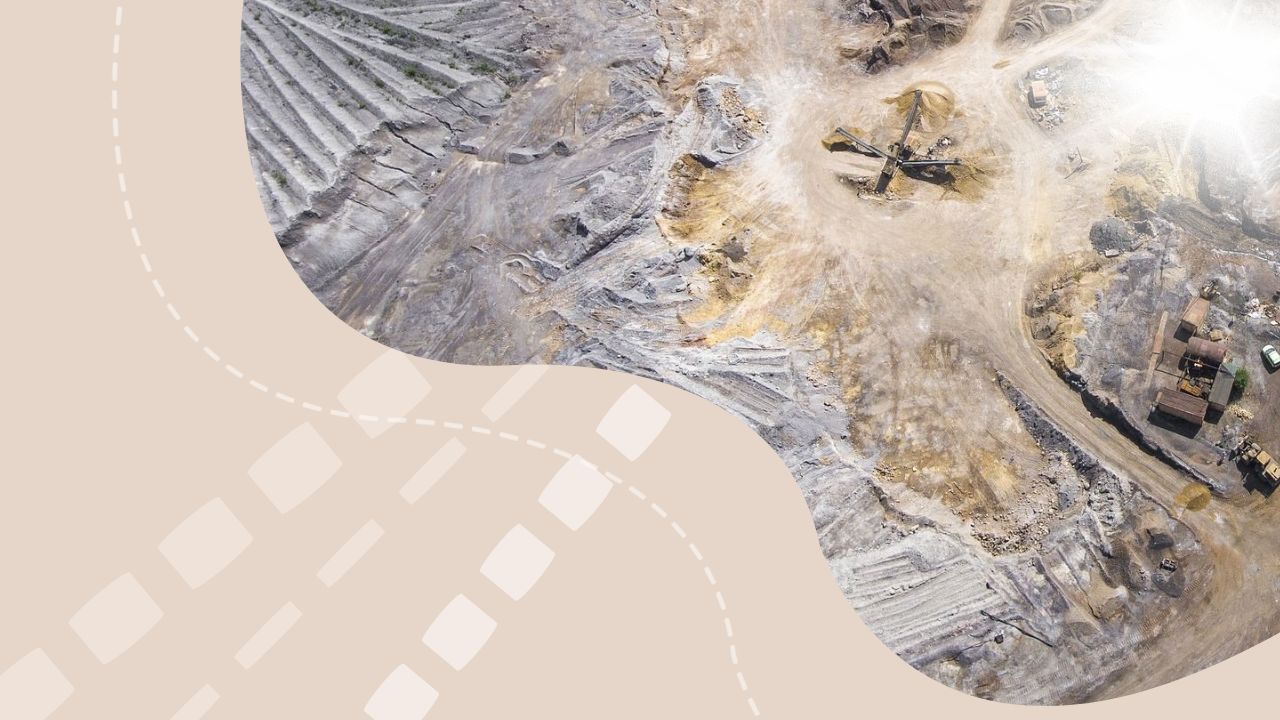A growing discussion is emerging in Germany regarding the exploitation of its lithium deposits, particularly among media professionals and government circles. The question raised is why Germany should rely on Serbian lithium when it possesses its own deposits, allowing for greater control and profit. Notably, the country has vast lithium reserves, primarily located along the Rhine River near Insheim and Altenberg. Research is already underway at these sites, which are considered some of the largest in Europe.
The delay in tapping these resources stems from concerns about environmental and safety risks. In Insheim, fears of earthquakes triggered by geothermal drilling have been a major obstacle. However, new hydrothermal methods, which use existing water pathways underground, are seen as a safer alternative. Another challenge is the carbon footprintassociated with lithium extraction, but Vulcan Energy Ltd has pioneered a process that extracts lithium with zero carbon emissions by using geothermal energy, as reported by Rob Schmitz of NPR.
On the political front, German Chancellor Olaf Scholz recently visited the Altenberg site following a memorandum signed with Serbia. The Zinnwald Lithium mine, set to open in 2030, could supply lithium for up to 600,000 electric vehicles, offering a more self-reliant source for Germany’s electric vehicle industry. This shift toward domestic lithium could reduce Germany’s reliance on foreign sources, including Serbia, and secure more of the profit chain for itself.

